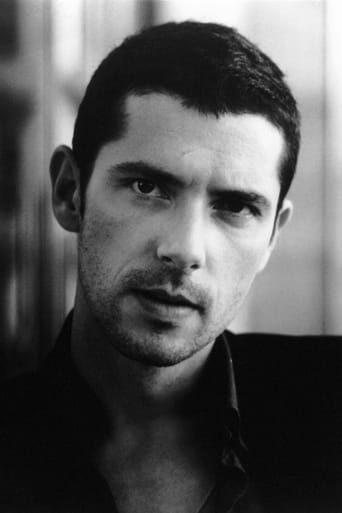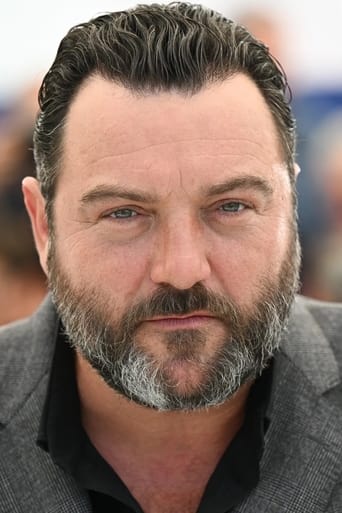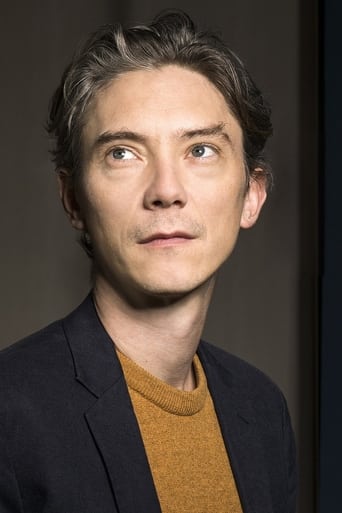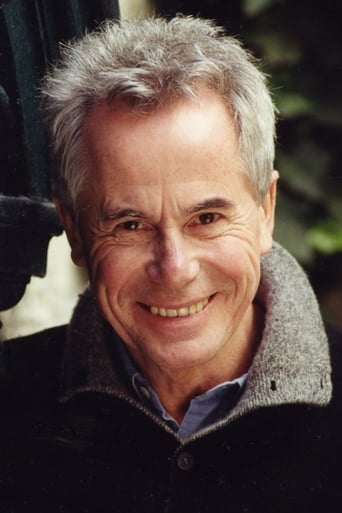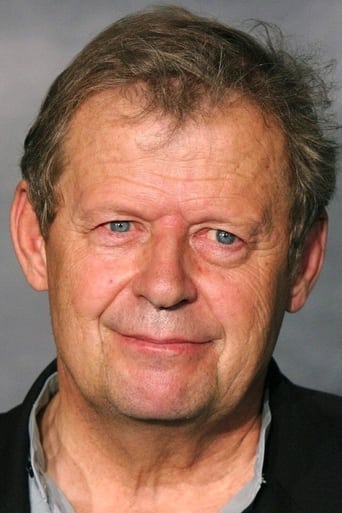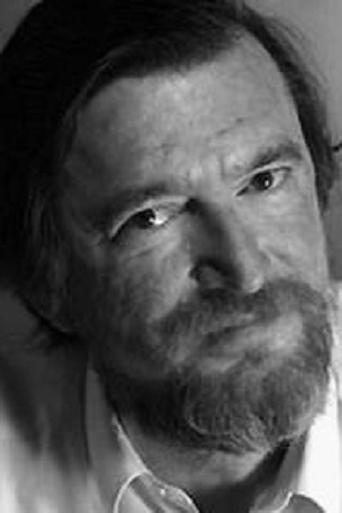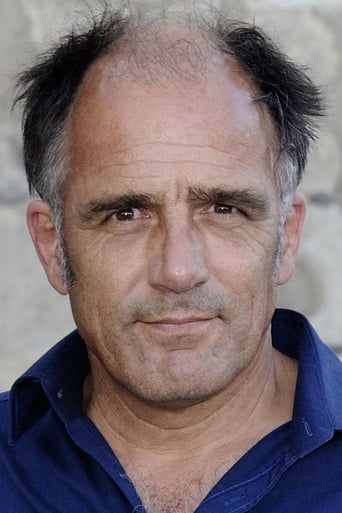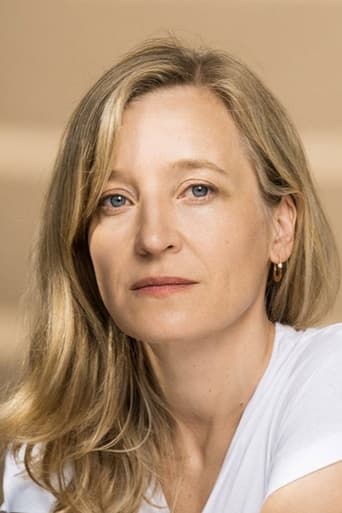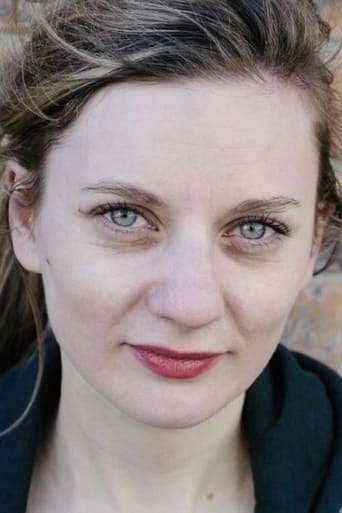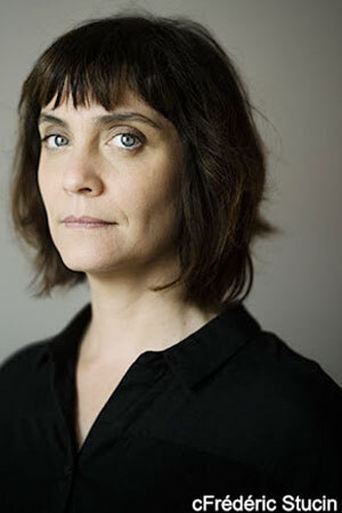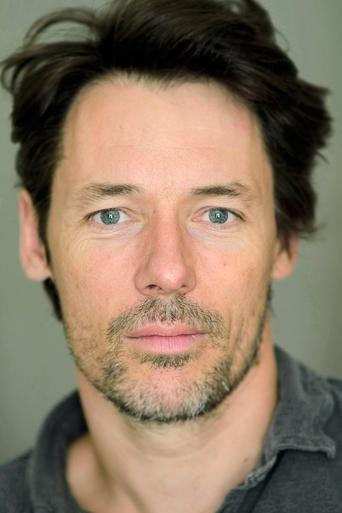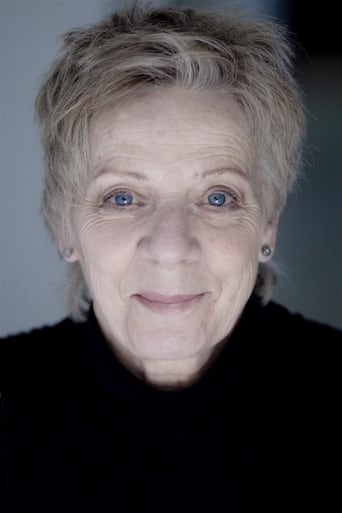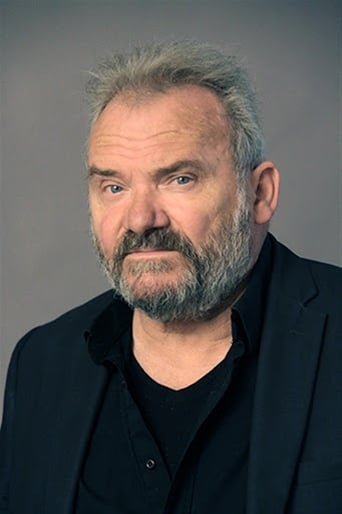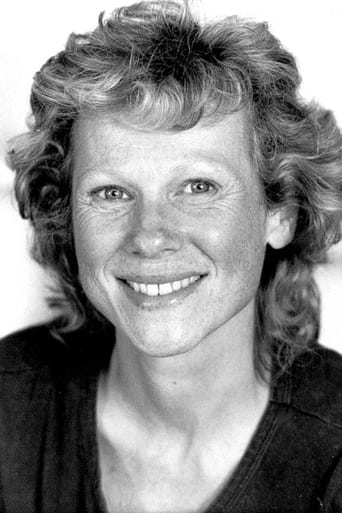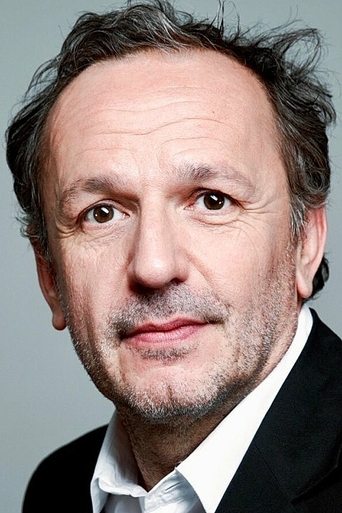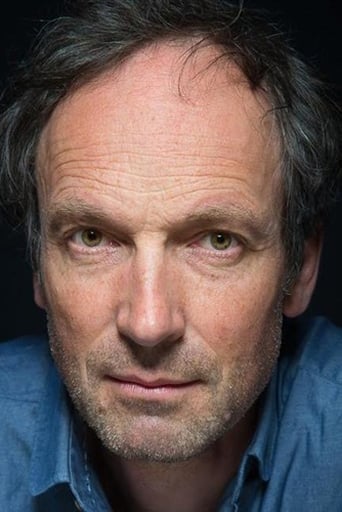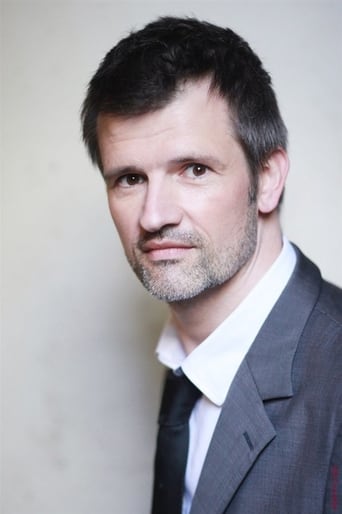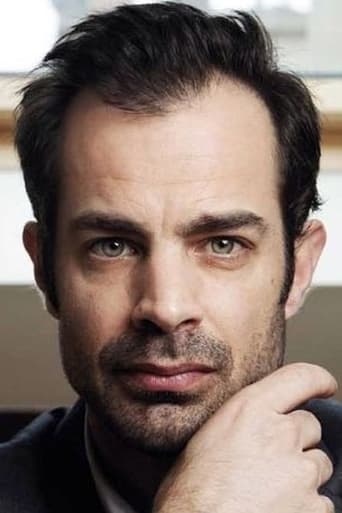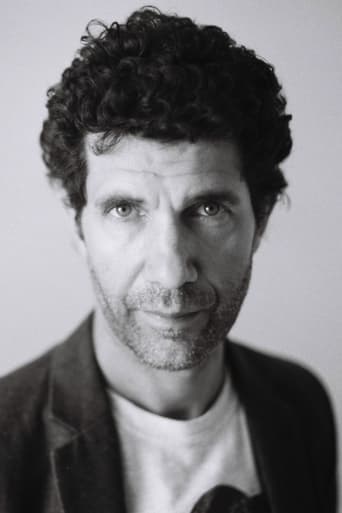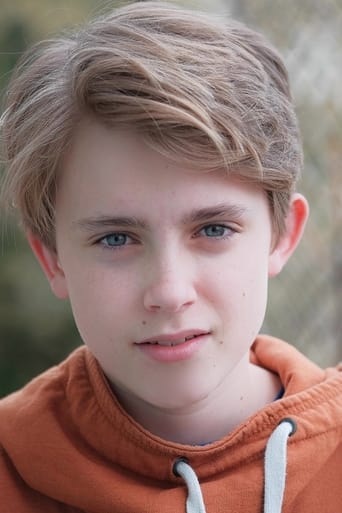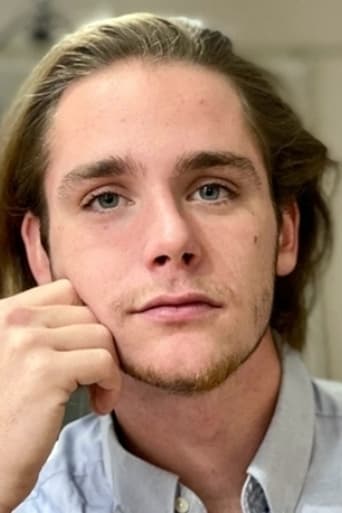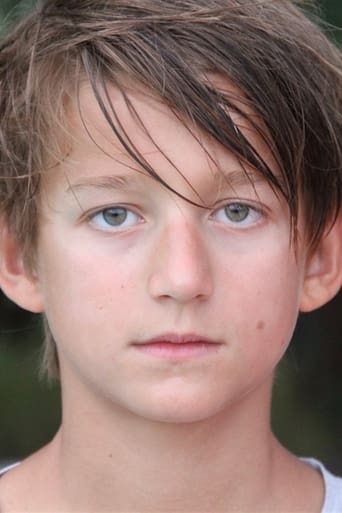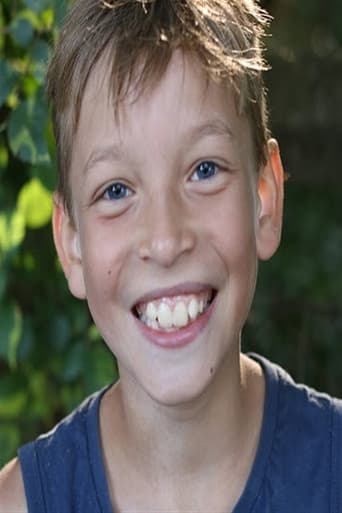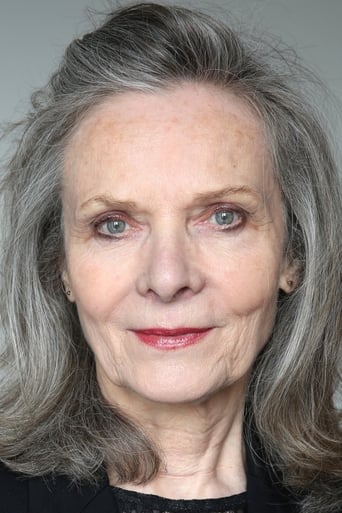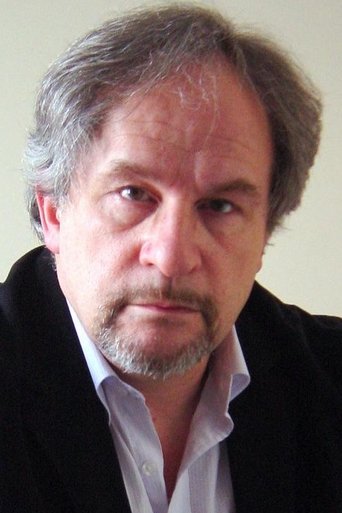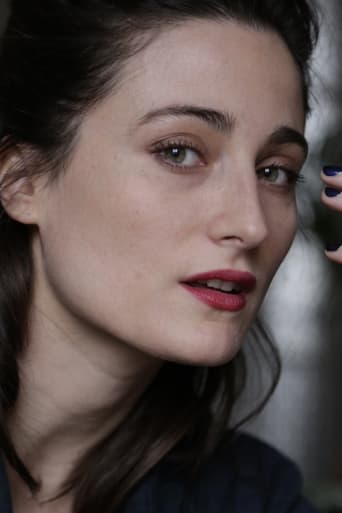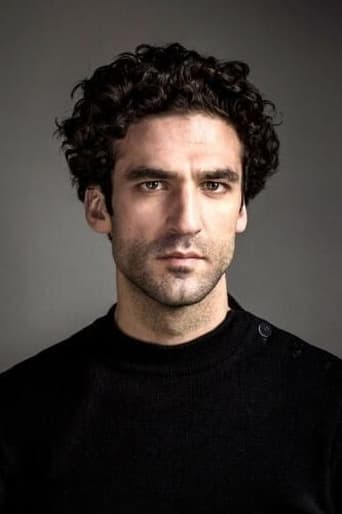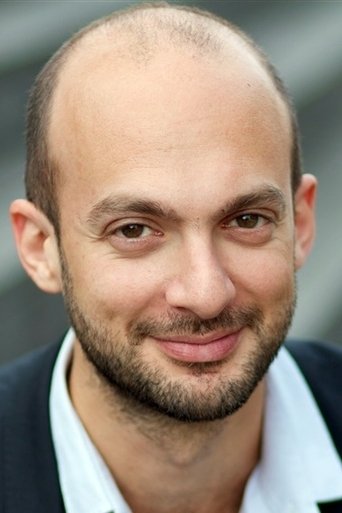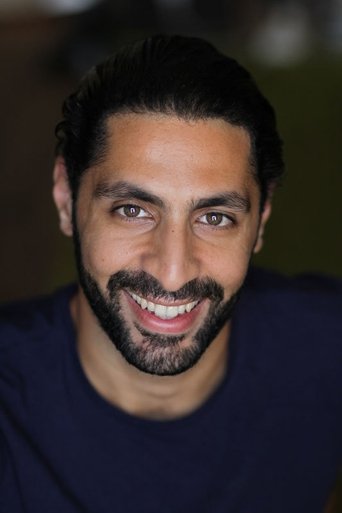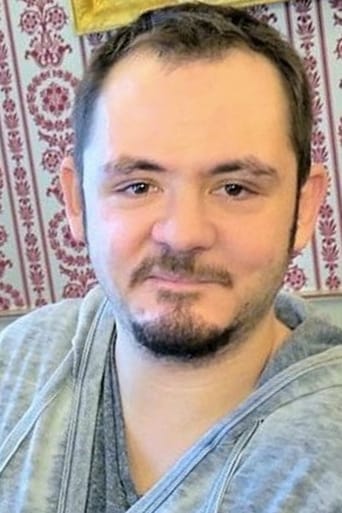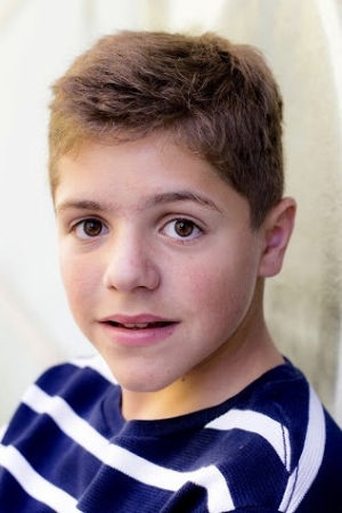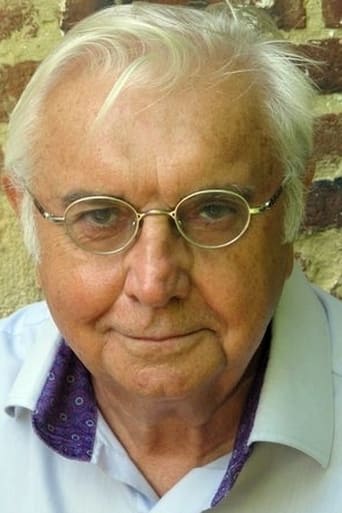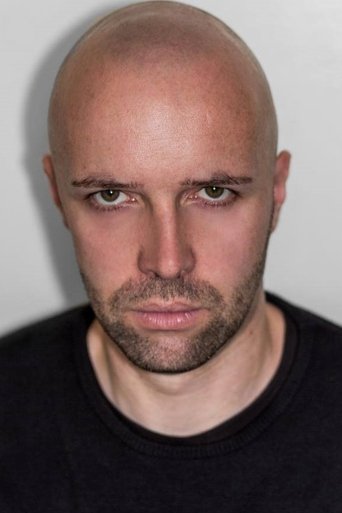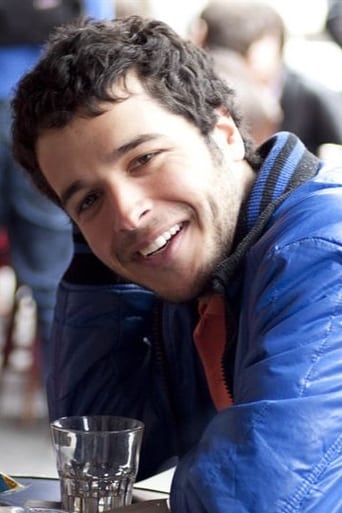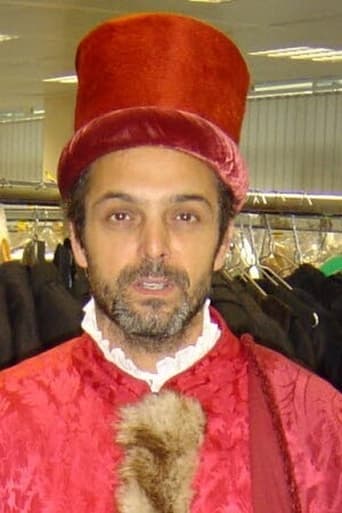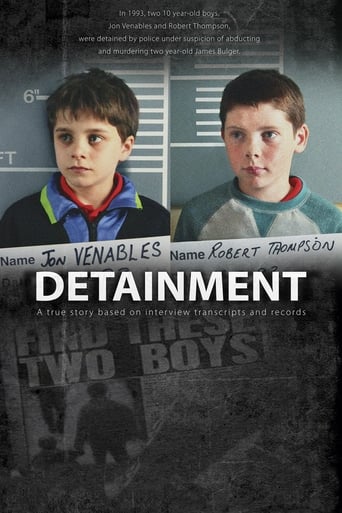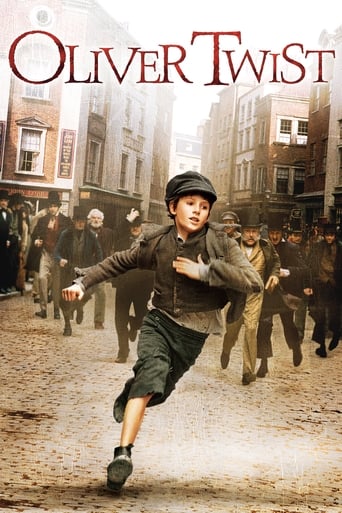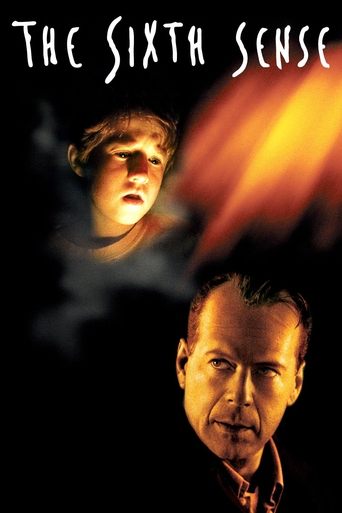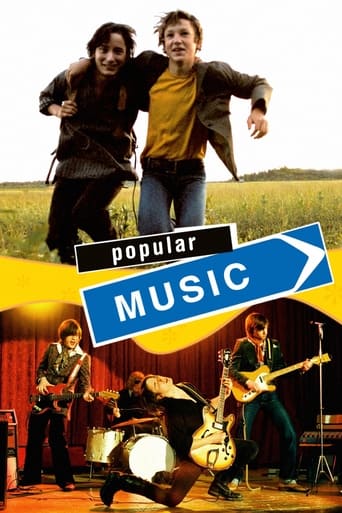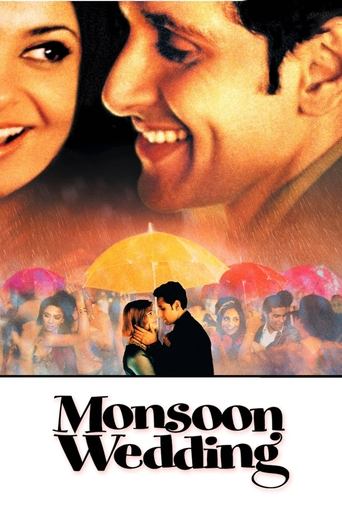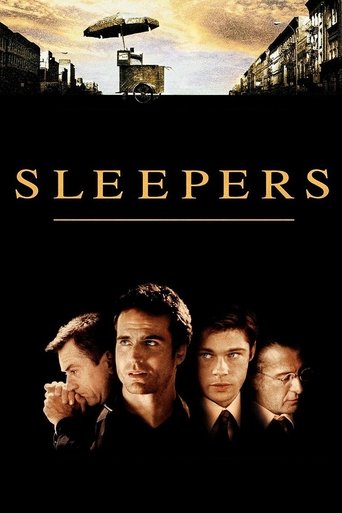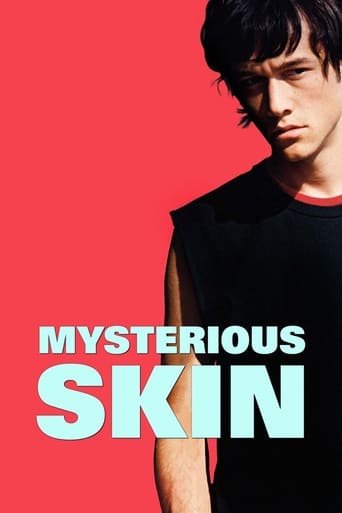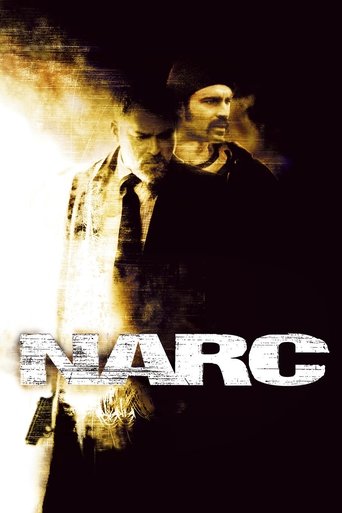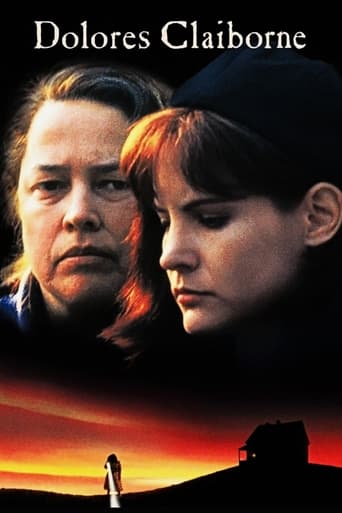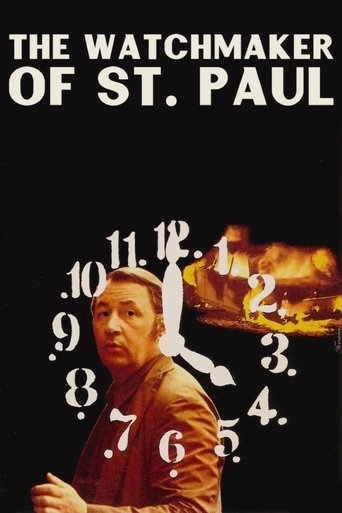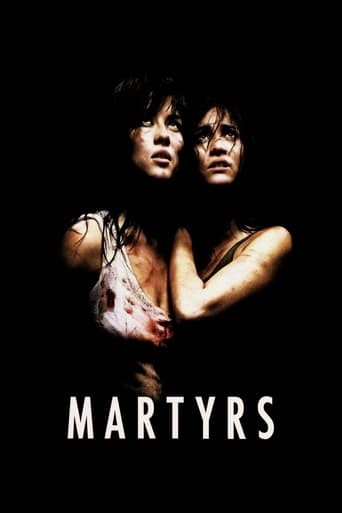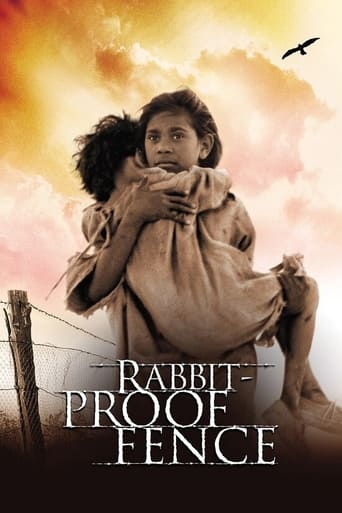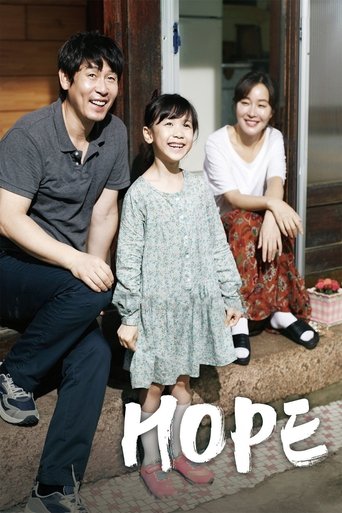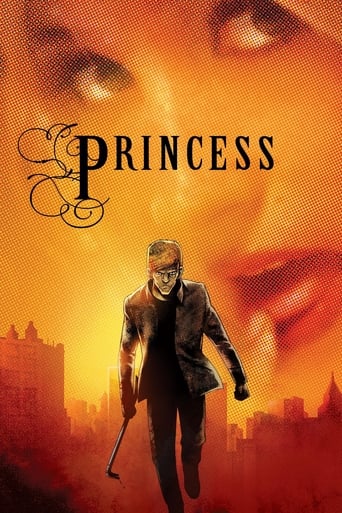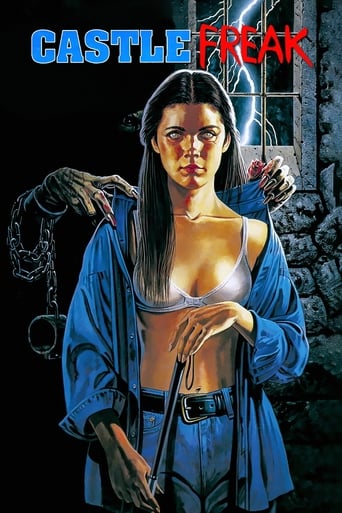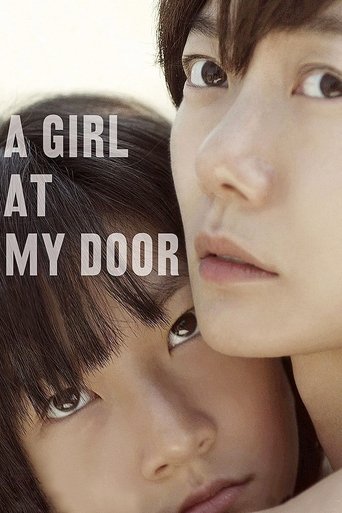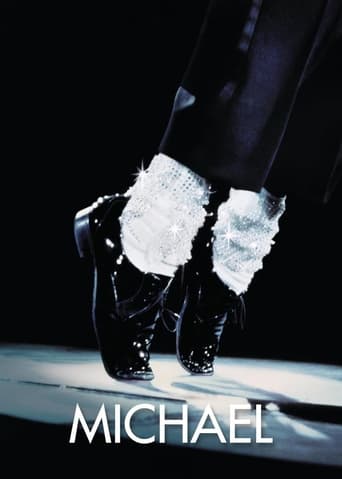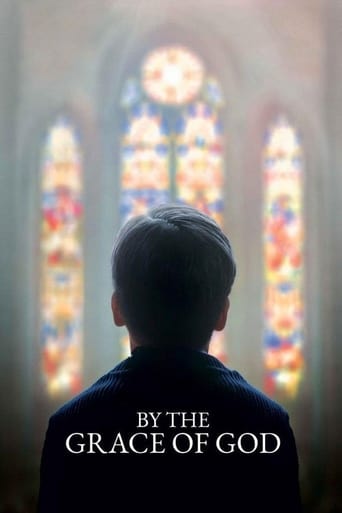
By the Grace of God (2019)
Alexandre, a man in his 40s living in Lyon with his wife and children, discovers that the priest who abused him decades ago continues to work with children. He joins forces with others victims of the priest, to bring justice and “lift the burden of silence” about what they endured.
- Alain Olivieri
- François Ozon
- François Ozon
Rating: 7.158/10 by 553 users
Alternative Title:
Grâce à Dieu - FR
By the Grace of God - NL
С Божьей помощью - RU
Gelobt sei Gott - DE
Graças a Deus - BR
Gracias a Dios - ES
Country:
Belgium
France
Language:
Français
Runtime: 02 hour 17 minutes
Budget: $0
Revenue: $0
Plot Keyword: child abuse, lyon france
**_A well-made film about dignity in the face of hypocrisy_** >Rape _is the forcible violation of the sexual intimacy of another person. It does injury to justice and charity. Rape deeply wounds the respect, freedom, and physical and moral integrity to which every person has a right. It causes grave damage that can mark the victim for life. It is always an intrinsically evil act. Graver still is the rape of children committed by parents (incest) or those responsible for the education of the children entrusted to them._ - Pope John Paul II; _Catechismus Catholicae Ecclesiae_ (1992) >_L__a majorité des faits, grâce à Dieu, sont prescrits._ [_The majority of cases, by the grace of God, are inadmissible_] - Cardinal Archbishop of Lyon Philippe Barbarin, referring to the suspected 85 cases of abuse perpetrated by Fr. Bernard Preynat, most of which fall outside the twenty-year statute of limitations (March 15, 2016) >_Sexual violation is at the heart of the church's crisis today and threatens its sacredness. It is not about priests who are straight or gay. Rather, it is about a void of intimacy. The predator lacks true friendship. His yearning for it takes on unfathomable proportions. He tries to figure out what is missing by violating another – a child._ >_This was tolerated and covered up in the church for far too long. Truth didn't seem to matter. Clericalism ruled. Secrets abounded. Files were concealed. Grand juries were never a part of the lexicon. But victims never forget._ - Mark Joseph Williams; "Opinion: I Was Sexually Abused by a Catholic Priest. The Church Must Listen to Victims"; _The New York Times_ (February 21, 2019) >_I make a heartfelt appeal for an all-out battle against the abuse of minors both sexually and in other areas, on the part of all authorities and individuals, for we are dealing with abominable crimes that must be erased from the face of the earth: this is demanded by all the many victims hidden in families and in the various settings of our societies._ - Pope Francis's closing address; Eucharistic Concelebration: "The Protection of Minors in the Church" (February 24, 2019) >_Pope Francis's talk today was a stunning letdown, a catastrophic misreading of the grief and outrage of the faithful. As the world's Catholics cry out for concrete change, the pope instead provides tepid promises, all of which we've heard before._ - Anne Barrett Doyle (_BishopAccountability.org_); quoted in the _Boston Globe_ (February 24, 2019) When one thinks of contemporary French cinema, few names seem as ill-fitting for a docudrama about an ongoing real-life case involving the abuse of children by a Catholic priest than François Ozon, the prolific and formally inventive filmmaker best known for erotically-charged films such as _Sitcom_ (1998), _Les amants criminels_ (1999), _Swimming Pool_ (2003), _5x2_ (2004), and _Jeune & Jolie_ (2013). Originally planned as a documentary, _Grâce à Dieu_ [_By the Grace of God_] is a partly-fictionalised account of the case of Fr. Bernard Preynat and the formation of La Parole Libérée [known in English as Lift the Burden of Silence], an advocacy group for victims of childhood sexual abuse. Probably Ozon's most formally conventional work, with none of his usual visual panache, the film was modelled after Tom McCarthy's exceptional _Spotlight_ (2015), which examined the Boston Globe's 2002 investigation into sexual abuse in the Boston Archdiocese going back decades. This comparison is important insofar as it speaks to Ozon's lack of formal gymnastics; in short, as with Spotlight, the conventional style is matched to the thematic seriousness, wherein neither director wants to run the risk of elements of the form distracting from the content (not that any visual or aural trickery would help either to tell their particular story). _Grâce à Dieu_, however, is not a Catholic-hit job; rather it depicts the institutional dissembling and prevarication as coming not necessarily from a place of evil, but from a desire to avoid another scandal. Nonetheless, the Church as depicted very much talks a lot about forgiveness and redemption, but seems to have very little understanding of justice or punishment. It's weighty stuff, and although it courts a narrative objectivity and stylistic restraint that often suggests a void of emotion, for the most part, this is undeniably powerful cinema. The film begins in 2014 as Alexandre Guérin (Melvil Poupaud), a respected banker and devout Catholic, discovers that Fr. Bernard Preynat (Bernard Verley), the priest who he believed to have been defrocked for sexually abusing him, is not only still a priest, but is still working with children. He contacts the Archbishop of Lyon, Cardinal Philippe Barbarin (François Marthouret), and is urged to meet with Preynat. He does so, hoping for Preynat's resignation, but although Preynat openly admits to molesting young boys, he refuses to apologise or admit to wrong-doing publicly. When the church says it can't take the matter any further, citing the 20-year statute of limitations, Alexandre, who has raised his five children in the faith, feels compelled to act, and so, very reluctantly, he takes his story to the press. He is soon contacted by François Debord (Denis Ménochet), who also claims to have been abused by Preynat. Now an atheist, the more militant François advises marshalling the power of social media, and has formed an advocacy group which he hopes will be able to stand against the church and see Preynat not just defrocked, but criminally convicted. Soon, Alexandre and François are joined by a third man, Emmanuel Thomassin (a heart-breaking turn by Swann Arlaud), whose entire adult life has been negatively affected by his childhood. Ozon originally planned _Grâce à Dieu_ as a documentary, and the screenplay is based on much of his own research, including interviewing the founders of La Parole Libérée. Although the film's central trio are fictional composites, the sequence of events is closely based on real-life, whilst both Preynat and Barbarin are very real. Using his position in Saint Luc Scout Group in the parish of Sainte Foy-lès-Lyon, Preynat is believed to have molested up to 85 boys over a thirty 30-year period, most between the ages of 9 and 12, and in July, primarily as a result of the events depicted in the film, an ecclesiastical tribunal imposed the maximum sentence by defrocking him. A criminal trial is scheduled for 2020, delayed partly because of the film itself, which Preynat's legal team tried to block from release, arguing it would prejudice a jury against their client. However, the fact that we're discussing the film at all should tell you how that ended. In March of this year, Barbarin was convicted of failing to report abuse, receiving a six-month suspended sentence. He offered his resignation as Archbishop of Lyon to Pope Francis, but Francis, "_invoking the presumption of innocence_", rejected the resignation, telling Barbarin to take whatever action he thought best. Barbarin subsequently announced that Fr. Yves Baumgarten, Lyon's vicaire général modérateur, would temporarily replace him until a more permanent successor could be found. In June, Bishop Michel Dubost was appointed Administrateur apostolique [Apostolic Administrator] _sede plena_, meaning that although Dubost is in charge of the Archdiocese, Barbarin, who's appealing his sentence, retains the title of Archbishop of Lyon. _Grâce à Dieu_ is a broadly dispassionate film, and one of the results of Ozon's shunning of directorial flourishes is that there's never anything even remotely sensationalistic. However, although his flamboyant inventiveness is largely absent, the narrative structure is aesthetically interesting. Rather than telling the stories of Alexandre, François, and Emmanuel concurrently, Ozon structures the film in the style of a relay, giving the narrative over to each of them in turn. So at the end of act one, Alexandre meets François, who then takes the narrative reigns, with Alexandre largely absent from act two. François, in turn, then gives way to Emmanuel. Of course, there is overlap, and towards the end, Alexandre re-emerges as the protagonist, but what this style allows for is a slightly different story-telling technique for each man. Alexandre's act is largely epistolary, with the letters between himself and Barbarin read in voiceover. The formality of such a style nicely captures his formal relationship with the Church – he has no desire for a public scandal and believes in going through the proper channels. Once the far more bullish and theatrical François takes over, the style becomes more confrontational (at one point, Alexandre has to talk him out of hiring a plane to sky-draw a penis above the Cathédrale Saint-Jean-Baptiste de Lyon, one of the film's few moments of levity). Then, in the third section, which focuses on the emotionally fragile Emmanuel, the film is at its most empathetic, with the formality of the first section and the rugged directness of the second replaced with a stronger sense of humanism and emotionality. In a film noticeable for its director's formal restraint, it's a well-handled and subtle way of matching form to content without necessarily foregrounding it. This structure also lends itself to exploring the psychological specificity of each man, making for a more ruminative narrative than would have been possible via concurrent editing. This is important because Ozon is also interested in the mechanics of healing, with all three men dealing with their experiences in different ways, which, in and of itself, reminds us that whilst we tend to think of outrages such as this with a kind of collective mentality, the actual scars of abuse are as unique as each victim is from one another. Although Alexandre found strength in his faith, he has been forced to compartmentalise ("_this is about morality, not faith_"), which has put him constantly on the defensive about how his actions are not intended as a form of attack against the Church, arguing "_it's about justice, not revenge_" and "_I'm doing this for the church, not against it_", as he points out that "_families need to know the Church will always protect children_". However, whereas Alexandre reaffirms his faith, François rejects his, arguing, "_my faith is human, not Catholic hypocrisy_", and whilst Alexandre urges forgiveness, François argues, "_if you forgive him, you'll be his prisoner forever_". For Emmanuel, the process of healing seems barely to have begun, if it ever will. However, the film is especially unequivocal in asserting that for all three men, and by extension all victims of childhood sexual abuse, the trauma will never leave them, it's a part of who they are, not necessarily the main part, but a part nonetheless, a part with which they will always wrestle, with references to how "_the burden of silence is heavy to lift_" and how difficult it is to "_live in the shadow of what he did_". Thematically, Ozon makes no bones about his disgust that Preynat sees himself as a victim, tearfully telling Alexandre, "_I've always been attracted to children – it's caused me such pain._" Indeed, he even intimates that the real villain is the Church itself for not stopping him. This is certainly one way of looking at things; the Church is unquestionably at fault for covering up and ignoring the actions of men like him, but that doesn't somehow absolve those men of blame. The institution is culpable, of course, but the responsibility for the act is non-transferable. The hesitancy of the Church to act in cases such as this is represented by Barbarin, whose failure to properly respond is sharply mocked when Ozon details his ridiculous focus on trivial aspects of the case – he's especially worried about the term "paedophile", arguing that because, etymologically, the word refers not to abuse but simply to loving children (it comes from the Greek "paîs" or "paidós", meaning "child", and "philía", meaning "friendly love"), it should be replaced by "paedosexual". Because that's what's important. From a more critical standpoint, Ozon overuses the epistolary format in the first act. I understand why he went with this approach, as (apart from establishing Alexandre's more formal relationship with the Church) it has to lay down a lot of background. But, for me, he goes overboard – at times the first act feels less like a coherent narrative held together by the epistolary form and more like a series of letters occasionally interrupted by "on-screen" events. This creates an occasional sense of dramatic inertia that wouldn't be a problem in a non-visual medium, but which can drag a film down. The film also occasionally finds it difficult to escape its origins as a documentary, with some scenes, notwithstanding the universally superb acting, feeling more like respectful yet clinical reconstructions rather than scenes in a narrative drama hoping for a degree of emotional connection. The fact that the case is still ongoing also robs the film of a natural structure, as if the story ends before we get to what we would expect to constitute the final act, and one wonders if perhaps Ozon wouldn't have been better waiting until the conclusion of the criminal trial. But given the overall strength of the non-intrusive direction, the brilliance of the acting, and the clearheaded portrayal of such an emotive topic, criticising Ozon for such things seems almost churlish. Less procedural than the investigative journalism-basis of _Spotlight_, _Grâce à Dieu_ is no less honest or unsettling a film. It may be too controlled for some, whilst the measured pacing and hefty subject matter will undoubtedly put off others. Nevertheless, uncharacteristically solemn for Ozon, it is another important document on a subject that, sadly, seems unlikely to go away any time soon.
A cleverly put together foray into this most highly sensitive of subjects tells three different, though conjoining, stories about men who were all abused by the same priest in their childhood. The film is as much about the ways in which they (and their families) have/have not reconciled themselves to this most heinous of behaviour by someone trusted by all, as it is about their subsequent pursuit of this man, and of the broader church in order to stop this happening again. It's told in quite a sober fashion - but that does rob it of some of the more essential emotions and can leave it feeling just a little too "dry". It is also far too long - the style in which François Ozon chooses to relate these stories allows for more development of the individual characters but at the expense of any real punch.

